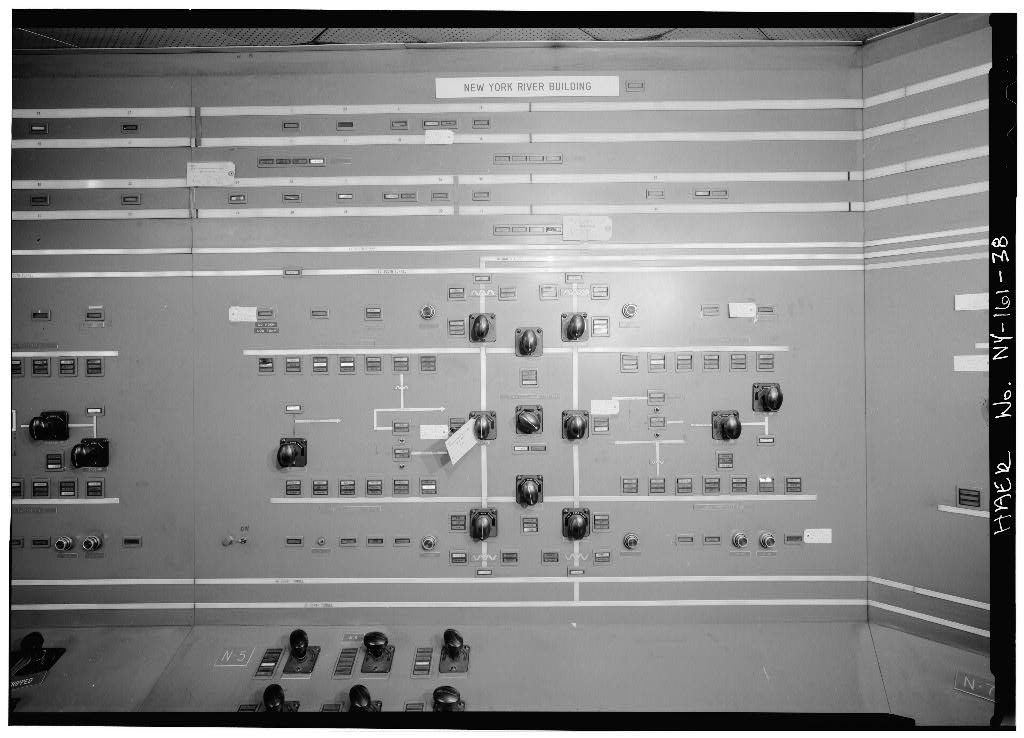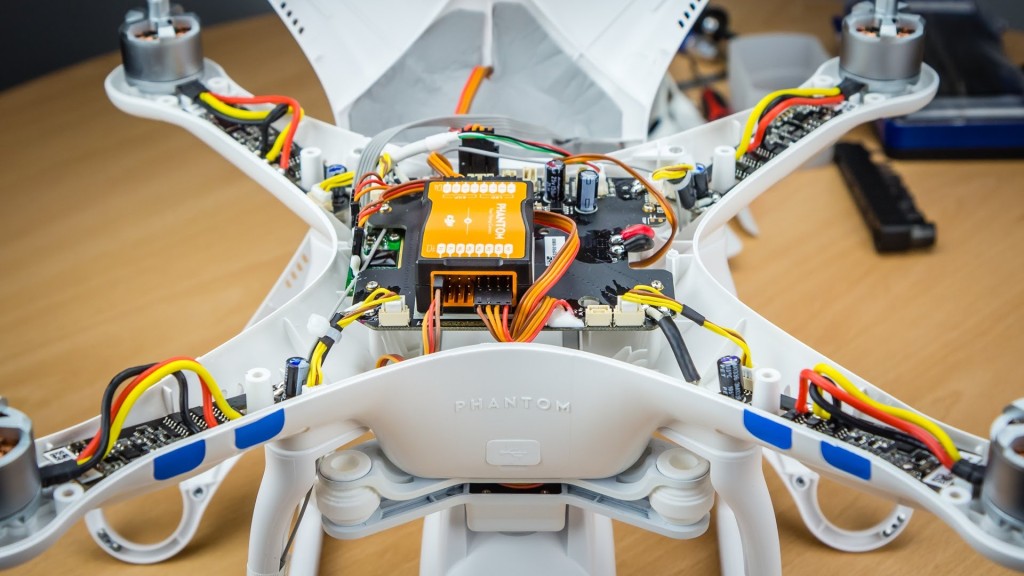In-brief: The U.S. should invest in equipment and talent to preserve legacy, analog infrastructure such as copper wire telecommunications networks and pneumatic pumps as a hedge against massively disruptive cyber attacks and other interruptions, two researchers with The MITRE Corporation argue in a recent opinion piece.
terrorism
Internet of Things Looms Large in National Intelligence Assessment
In-brief: the consequences of innovation and increased reliance on information technology, including the Internet of Things, pose serious challenges to the nation’s cyber defenses and the intelligence community’s “operational tradecraft,” said DNI James Clapper in a report to Congress.
FBI Affidavit Alleges Researcher Hacked Planes In Flight
In-brief: Did security researcher Chris Roberts attempt to tamper with in-flight systems during a United Airlines flight from Denver to Chicago in April? An FBI affidavit says “yes,” Roberts says “no way.”
Update: White House Drone Debacle Raises IoT Governance Questions
In-brief: Unmanned aerial vehicles manufactured by the Chinese firm DJI will be blocked from flying over the U.S. Capitol according to a statement by the company. The move raises important questions about the role that connected device makers will play in determining how, when and where customers use their products. (Update adds commentary from Justin Davis of Dronecamps.com – PFR Jan 29, 2015 17:30)
N.S.A. Breached North Korean Networks Before Sony Attack – NY Times
The New York Times claims that the U.S. National Security Agency used intelligence gleaned from a clandestine operation to compromise North Korea’s cyber warfare unit to pin the blame for the Sony Pictures Entertainment hack on the reclusive Communist country. According to the story by David Sanger and Martin Fackler, the Obama Administration’s decision to quickly blame the hack on the DPRK grew out of a four year-old National Security Agency (NSA) program that compromise Chinese networks that connect North Korea to the outside world. The classified NSA program eventually placed malware that could track the internal workings of the computers and networks used by the North’s hackers and under the control of the Reconnaissance General Bureau, the North Korean intelligence unit, and Bureau 121, the North’s hacking unit, which mostly operates out of China. It has long been recognized that North Korea, which lacks a mature information technology infrastructure, does much of […]





